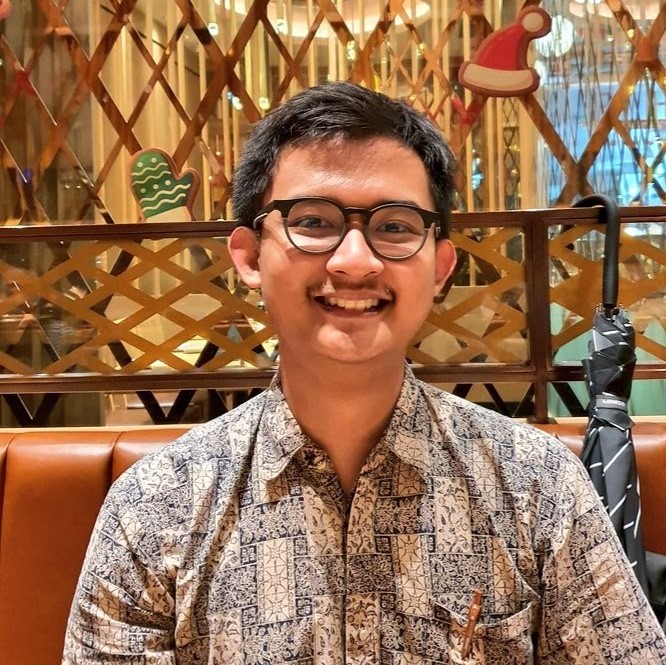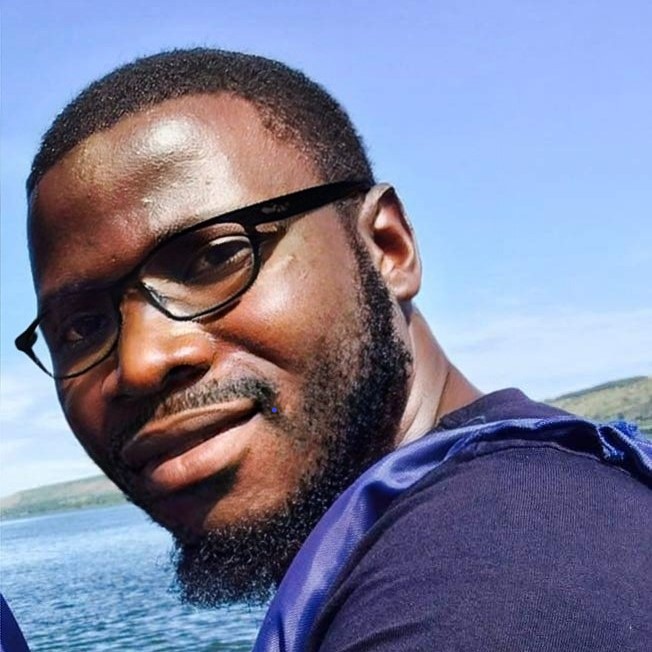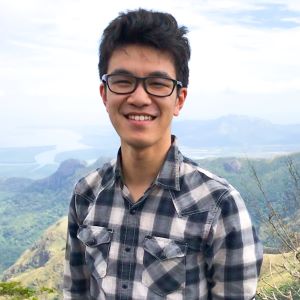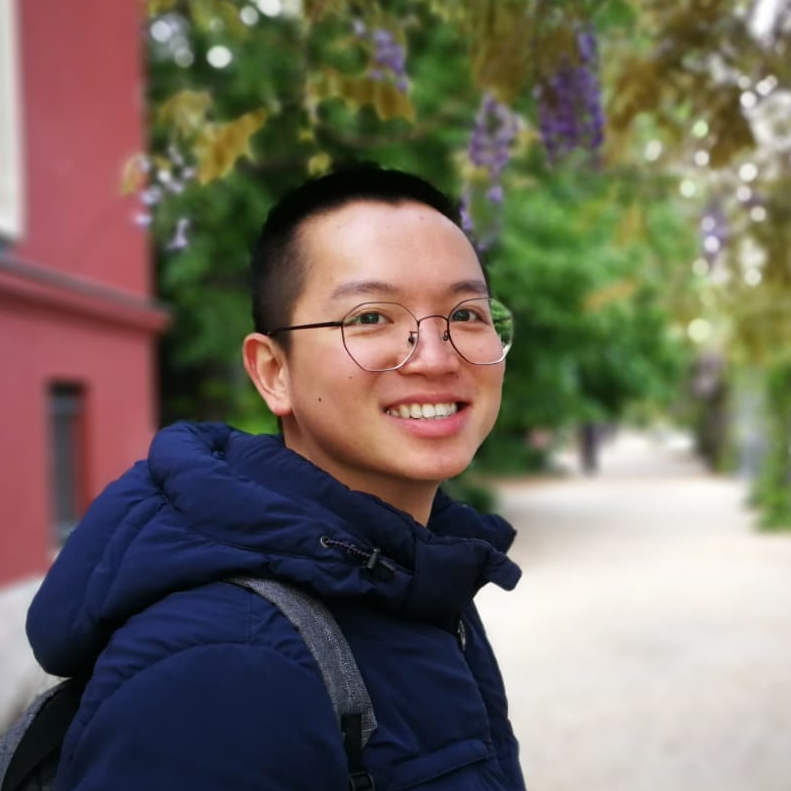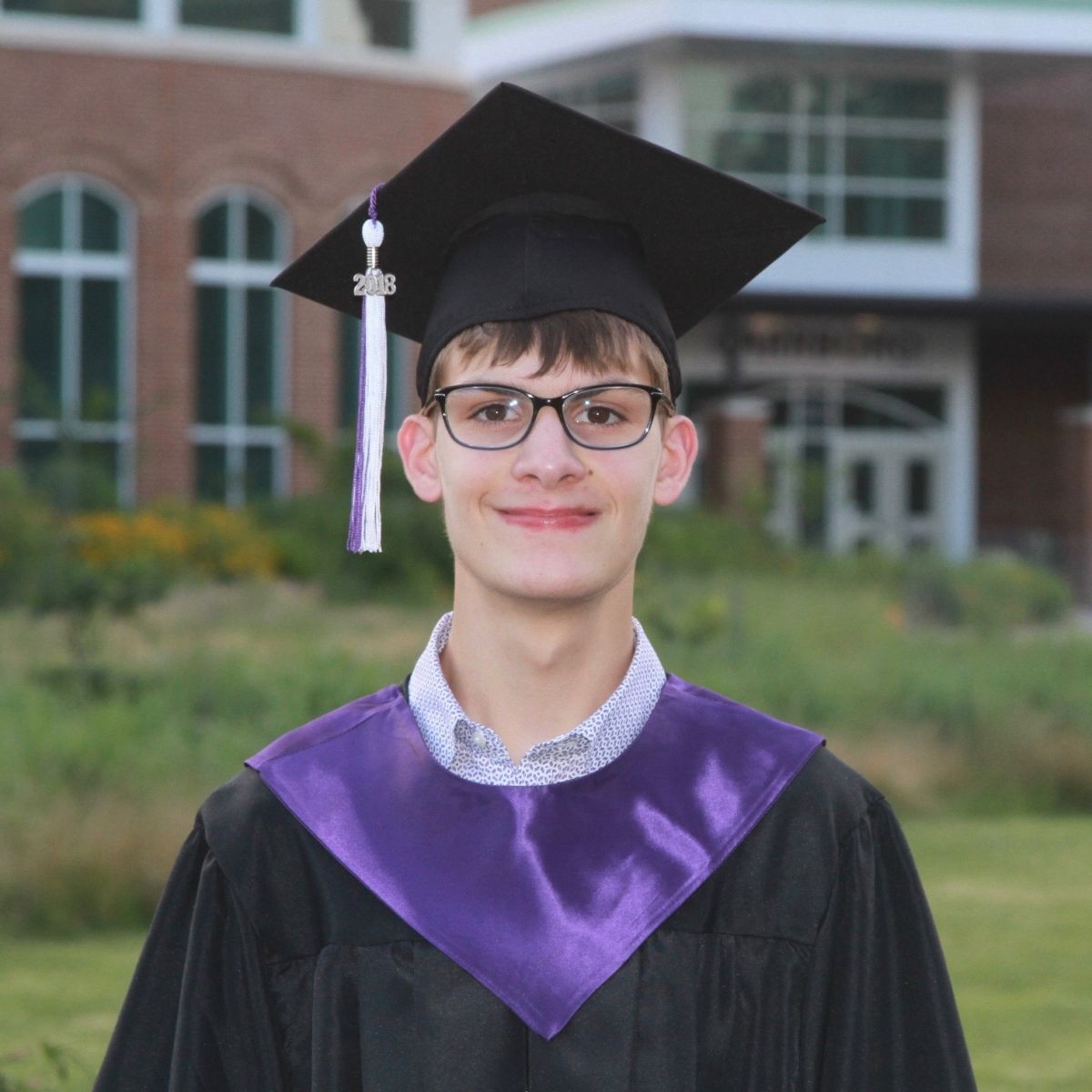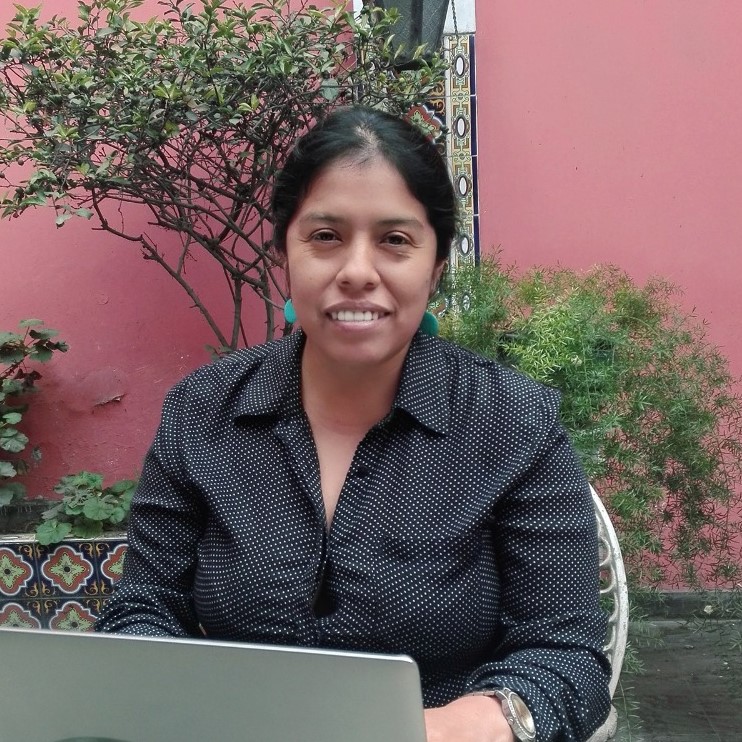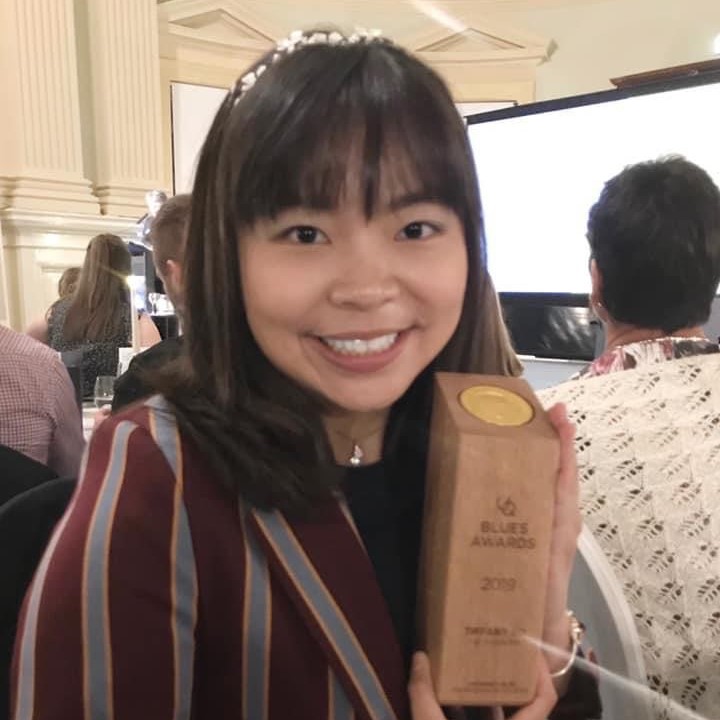هنگامی که کشور تو یک مطالعه موردی است: طرفدار محیط زیست بودن در ییل
تجربه و دانش من، و تجربیات همه اقلیتها، اهمیت دارد، حتی وقتی آن دیدگاهها به دلیل همهی تلاشهای دیگر برای این که مردم را آگاه کنند، بیاهمیت احساس میشوند
Indonesia, Southeastern Asia
Story by Brurce Mecca. Translated by Atousa Nasertork
Published on August 24, 2020.
This story is also available in 






Listen to this story:
من در ماه می سال 2019 در مقطع ارشد علوم محیط زیستی از دانشگاه ییل (آمریکا) فارغالتحصیل شدم. من اهل اندونزی هستم، کشوری که به تنوع فرهنگی، جنگلهای استوایی سرسبز، و مشکلات محیط زیستی عظیم معروف است.[1]
تجربهی من در ییل داستان تضاد بین هویت من بهعنوان یک طرفدار محیط زیست اندونزیایی و تحصیل من با محققین محیط زیست ییل با دیدگاه غرب محور دربارهی کشور زادگاه من بود.
برای بسیاری از طرفداران محیط زیست غربی، اندونزی یک محل مطالعاتی است – یک آزمایشگاه بزرگ برای بررسی مشکلات اجتماعی-محیط زیستی استوایی و حفظ جنگل بارانی. بسیاری از همکلاسیهای آمریکایی من در اندونزی کار میکردند. مشاور پایاننامه من برای پژوهشش دربارهی بومشناسی انسانی در اندونزی شهرت دارد. من به سمت ییل کشیده شدم تا به میز متخصصین اندونزی ملحق شوم، اما من دیدگاههایم را به عنوان یک اندونزیایی بومی با افراد علمی غرب متناقض دیدم. برای مثال، هنگامی که من توضیح دادم که مداخلههای طراحی شده توسط پژوهشگران غربی برای کاهش آتش جنگل در واقع به حقوق زمین کشاورزان اندونزیایی آسیب میزند، بهعنوان زیادی "بدبین" دیده شدم. برای مشارکت در مکالمه، من یاد گرفتم که درکم از کشور خودم را مطابق با دانش از پیش موجود آنها و تفکرات غرب محور[2] آنها دربارهی اندونزی دوباره چارچوببندی کنم.
هنگامی که من پژوهشم بر روی مسائل محیط زیستی در اندونزی را در دانشگاه ییل ارائه دادم، اغلب مورد این پرسش قرار میگرفتم: "چه چیزی مسائل محیط زیستی در اندونزی را نسبت به کشورهای دیگر بسیار منحصر به فرد میکند؟" این سوال به نظر عادی میرسید، تا زمانی که متوجه شدم از من خواسته میشود که دفاع کنم چرا اندونزی لایق توجه جامعه علمی است. برای همتایان من و استادان، پژوهش ارزشمند پژوهشی است که ایدههای جدید تولید کند. آنها اندونزی را بهعنوان آزمایشگاه مرموز و بزرگ در خاور دور میدیدند که برای فرضیهسازی مناسب است. اما برای من و اجتماعاتی که با آنها کار میکنم، نظریههای متفکرانه اثر کمی در عنوان کردن مشکلات محیط زیستی محسوس و قریبالوقوع که زندگیهای بسیاری را تحت تاثیر قرار میدهد، دارند. مشکلات محیط زیستی در اندونزی منحصربهفرد باشند یا نه، این حقیقت که دانشگاهیان غربی در حل این مسائل شکست خوردهاند دلیل مهمتری برای طرفداران محیط زیست اندونزیایی، مانند من، است تا به کارکردن ادامه دهند.
با وجود اینکه ییل به خود افتخار میکند که پژوهش گستردهای بر روی اندونزی انجام میدهد، من متوجه شدم بیشتر پژوهشگران ییل فقط در دو مسئله با اندونزی مرتبط هستند -جنگلزدایی استوایی و اورانگوتانها. بنابراین، برای جلب علاقه به پژوهش خود دربارهی جوامع تحت تاثیر حفاظت از زمین ذرت[3]، باید دربارهی موضوعاتی همچون "جنگلزدایی" و "کاهش تنوعزیستی" که پژوهشگران ییل را علاقهمند میکرد صحبت میکردم، بااینکه بر روی آن موضوعات متمرکز نبودم. با وجود این که متخصص مقیم بر روی سیاست زمین ذرت مالزیایی در ییل بودم، من حس ثابت حقارت و طردشدگی توسط محققین غربی اندونزی را تجربه کردم زیرا دانشی که من تولید کردم فقط براساس این که چطور با اولویتهای آنها همخوانی داشت ارزشگذاری میشد. من آموختم که برای اینکه چشماندازهایم مورد احترام و درک قرار گیرد، باید ابتدا چشماندازهای همکلاسیهای غربی و استادهایم را درک کنم و یاد بگیرم براساس قوانین ییل صحبت کنم. دوم، متوجه شدم ییل چنان عمیق در غرب محور بودن فرو رفته است که احتمالا هیچگاه پیچیدگی دیدگاههای من را درک نخواهد کرد. این منتج به سومین درس من از ییل شد: تجربه و دانش من، و تجربیات همه اقلیتها، اهمیت دارد، حتی وقتی آن دیدگاهها به دلیل همهی تلاشهای دیگر برای این که مردم را آگاه کنند، بیاهمیت احساس میشوند. برای من زمان زیادی برد تا بیاموزم داستان خودم را چطور بیان کنم و شنیده شوم. خوشبختانه، هرچه افراد بیشتری چون من بر روی میز دانشگاهی مینشینند، برای افرادی که پس از آنها میآیند به آن اندازه طول نمیکشد زیرا تجربیات آنها از ابتدا تشخیص داده میشود.
[1]پانویسها:
بهخصوص در میان انسانشناسهای محیط زیستی، اندونزی برای تضادهای محیط زیستی بدنام است: علایق مالی در حال تخریب جنگل استوایی، قانونزدایی تحت حمایت دولت برای حفاظت محیط زیستی، آلودگی پلاستیکی اقیانوس گسترده، و قطعا اورانگوتانهای در معرض انقراض.
[2] منظورم از "غرب محور"، اولویتدهی به دیدگاههای اروپایی و آمریکای شمالی بر روی همه مسائل است؛ در این مورد، بهطور خاص تفاوت پژوهش اروپایی و آمریکای شمالی دربارهی اندونزی بر روی دانش خود اندونزیاییها.
[3] اطلاعات بیشتر در پروفایل CIFOR من:
https://www.cifor.org/feature/usaid-cifor-fellowship/brurce-muhammad-mecca/
یا پروفایل موسسه منابع استوایی:
How does this story make you feel?
Follow-up
Do you have any questions after reading this story? Do you want to follow-up on what you've just read? Get in touch with our team to learn more! Send an email to [email protected].
Talk about this Story
Please enable cookies to view the comments powered by Disqus.
Subscribe to our Monthly Newsletter
Stay up to date with new stories on Correspondents of the World by subscribing to our monthly newsletter:
Other Stories in فارسی
Explore other Topics
Get involved
At Correspondents of the World, we want to contribute to a better understanding of one another in a world that seems to get smaller by the day - but somehow neglects to bring people closer together as well. We think that one of the most frequent reasons for misunderstanding and unnecessarily heated debates is that we don't really understand how each of us is affected differently by global issues.
Our aim is to change that with every personal story we share.
Community Worldwide
Correspondents of the World is not just this website, but also a great community of people from all over the world. While face-to-face meetings are difficult at the moment, our Facebook Community Group is THE place to be to meet other people invested in Correspondents of the World. We are currently running a series of online-tea talks to get to know each other better.











